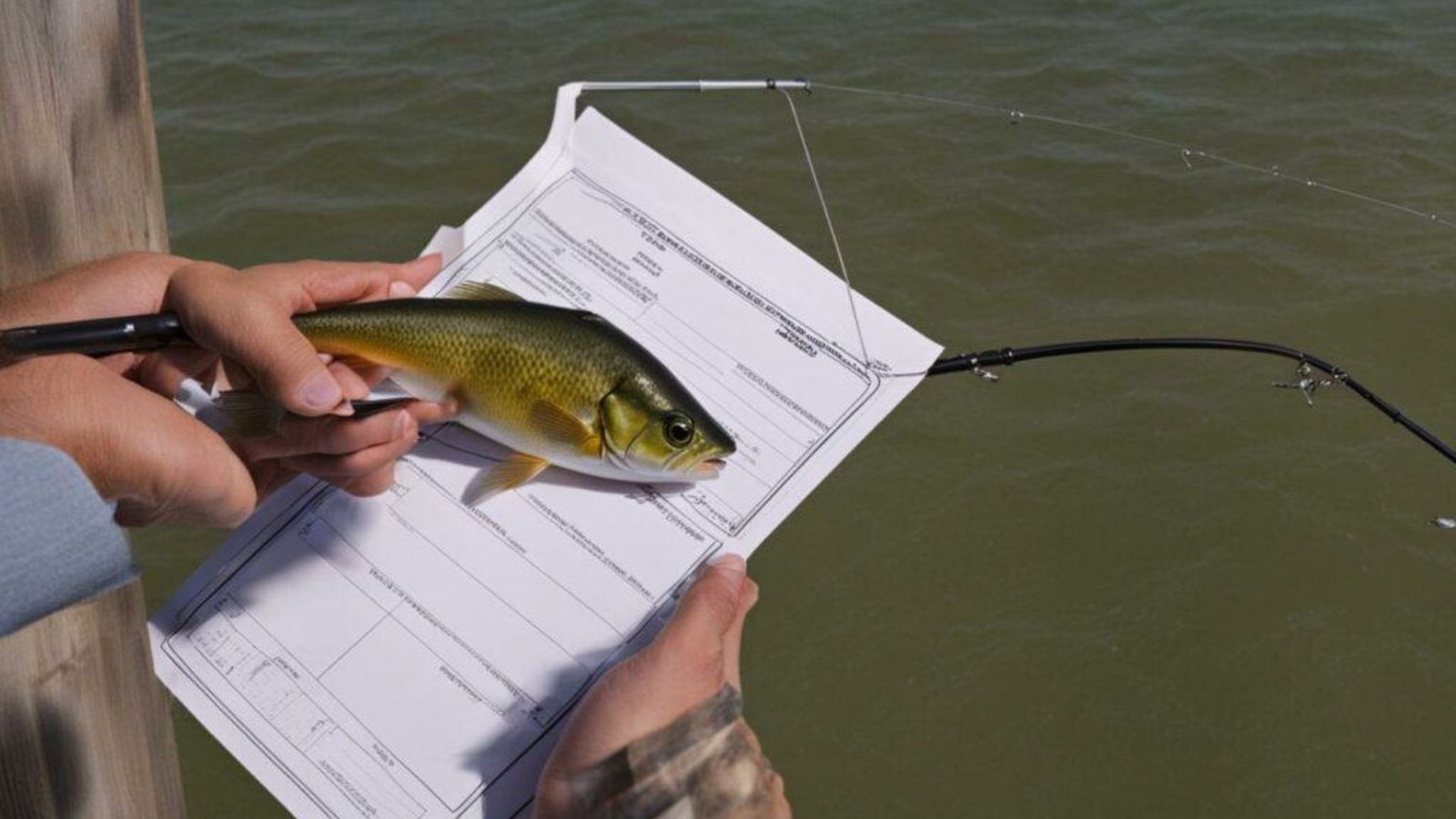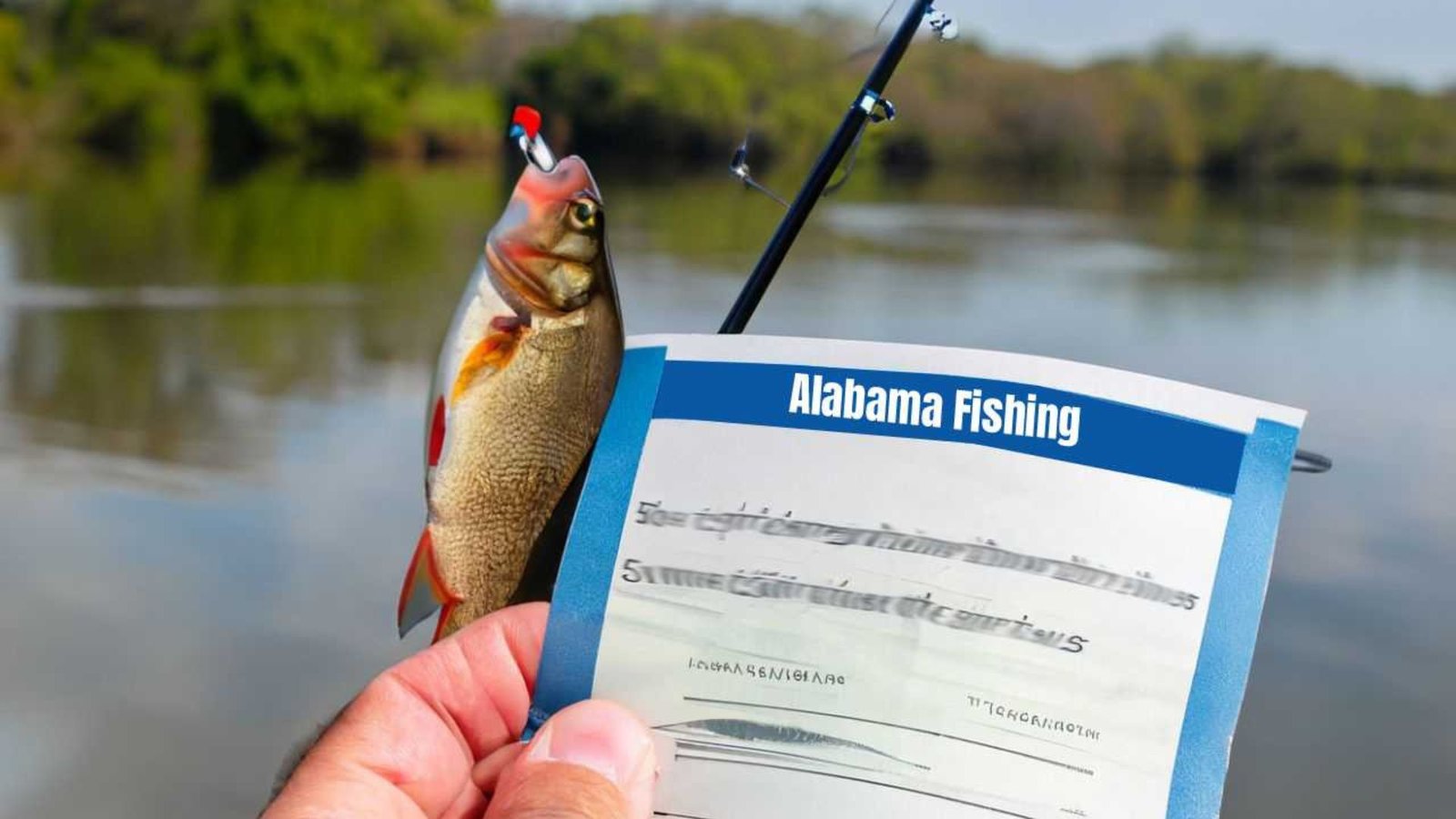Fishing Licenses for Beginners
|
Getting your Trinity Audio player ready...
|
Fishing licenses, an indispensable requirement before venturing into the waters, serves as more than a legal necessity; it symbolizes a commitment to conservation and responsible angling. Before casting your line into the water, understanding the significance of obtaining a fishing license is paramount. In this article, we’ll delve into the intricacies of fishing licenses, equipping beginners with the knowledge needed to navigate the world of angling with confidence. From the reasons behind the necessity of a fishing license to the step-by-step process of obtaining one, we’ll cover everything you need to know to ensure you’re fully prepared for your angling adventures. Whether you’re a novice angler eager to explore new fishing grounds or an experienced enthusiast seeking to enhance your understanding of fishing regulations, this guide will serve as your comprehensive resource for all things related to fishing licenses.
Understanding the Importance of a Fishing License
A fishing license is more than just a legal requirement; it’s a vital tool for the conservation and management of fish populations. By obtaining a license, anglers contribute to funding conservation efforts, habitat restoration, and fish stocking programs, ensuring that future generations can enjoy the sport of fishing. Without proper regulation, overfishing and habitat destruction can occur, leading to the depletion of fish stocks and ecological imbalance. Fishing licenses help mitigate these risks by providing essential funding for conservation initiatives and promoting sustainable fishing practices.

Types of Fishing Licenses
There are various types of fishing licenses available, depending on factors such as residency status, duration, and fishing location. Common types include freshwater licenses, saltwater licenses, and combination licenses, which allow anglers to fish in both freshwater and saltwater environments. Additionally, special permits may be required for certain species or activities, such as trout stamps or lobster permits. Each type of license serves a specific purpose and may have different fees associated with it, so it’s essential to choose the right license based on your fishing preferences and location.
How to Obtain a Fishing License
Benefits of Having a Fishing License
Aside from complying with legal requirements, having a fishing license offers numerous benefits to anglers. Licensed anglers gain access to designated fishing areas, including state parks, wildlife management areas, and public waterways. Additionally, some fishing licenses may provide discounts or perks at tackle shops, fishing tournaments, and other recreational facilities. Fishing licenses also serve as a form of identification for anglers, allowing them to participate in fishing-related activities and events while demonstrating their commitment to responsible angling practices.
Conservation and Stewardship
Fishing licenses play a crucial role in supporting conservation efforts and ensuring the sustainability of fish populations. Revenue generated from license sales is often earmarked for habitat restoration, fish stocking programs, research initiatives, and law enforcement efforts aimed at protecting aquatic resources. By purchasing a fishing license, anglers actively contribute to preserving the natural environment and ensuring healthy fish populations for future generations. Furthermore, fishing licenses promote responsible stewardship of natural resources by encouraging anglers to adhere to fishing regulations and practice ethical angling techniques.
Responsibilities of Licensed Anglers
With the privilege of fishing comes the responsibility to adhere to regulations and practice ethical angling techniques. Licensed anglers must familiarize themselves with local fishing laws and regulations, including size and bag limits, catch-and-release guidelines, and prohibited fishing methods. Additionally, anglers are encouraged to practice Leave No Trace principles, respecting the environment and minimizing their impact on aquatic ecosystems. By following these guidelines and acting as responsible stewards of the environment, anglers can help conserve fish populations and ensure the sustainability of fishing resources for future generations.
Renewing Your Fishing License
Fishing licenses are typically valid for a specific period, ranging from one day to one year, depending on the type of license purchased. Anglers must ensure their license remains current by renewing it before the expiration date. Renewal processes may vary depending on the state or jurisdiction, but anglers can typically complete them online or at designated license vendors. It’s essential to renew your license promptly to avoid fishing without a valid permit, as fishing without a license can result in fines, penalties, and legal consequences.
Educational Resources for Anglers
For beginners looking to learn more about fishing techniques, regulations, and conservation practices, there are plenty of educational resources available. State wildlife agencies often provide online guides, instructional videos, and workshops tailored to novice anglers. Additionally, joining fishing clubs or participating in angler education programs can provide valuable knowledge and hands-on experience. By taking advantage of these resources, beginners can enhance their fishing skills, gain a deeper understanding of fishing regulations, and become more responsible and ethical anglers.
Pro Tip
Buy your license before you hit the water.
Getting caught fishing without a valid license can result in hefty fines and even the confiscation of your equipment. Most states offer online purchasing options, allowing you to acquire your license instantly from the comfort of your home. This saves you time and ensures you’re legally compliant before you even cast your line.
Conclusion
Obtaining a fishing license is the first step for beginners looking to explore the world of fishing. Beyond fulfilling legal requirements, fishing licenses contribute to conservation efforts and support the sustainability of fish populations. By understanding the importance of fishing licenses, adhering to regulations, and practicing responsible angling, beginners can enjoy fulfilling and memorable fishing experiences while preserving the natural environment for future generations. Whether you’re casting a line in a local pond or embarking on an offshore adventure, having a fishing license ensures you can fish legally, responsibly, and sustainably.
You might be interested in:

